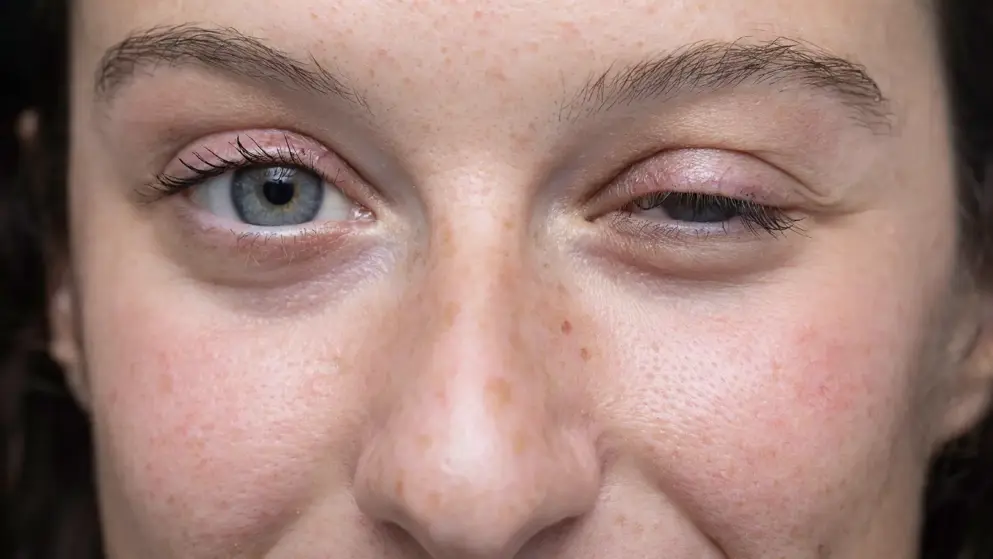
MINT: Positive outcomes for inebilizumab in gMG
By Litha Mfiki
The Myasthenia Gravis Inebilizumab Trial (MINT) has demonstrated positive results for inebilizumab, an anti-CD19+ monoclonal antibody, showing a significant reduction in disease severity in participants with generalized myasthenia gravis (gMG).
“Findings in MINT provide evidence for the therapeutic potential of B-cell depletion therapy, specifically the importance of CD19+ B-cell depletion therapy to eliminate pathogenic plasmablasts and plasma cells,” write Richard Nowak (Yale University, New Haven, Connecticut, USA) and colleagues in The New England Journal of Medicine.
In the phase 3, double-blind, randomized, placebo-controlled trial, participants in the acetylcholine receptor antibody–positive subpopulation (n=188) received intravenous inebilizumab on days 1, 15, and 183, while participants in the muscle-specific kinase antibody–positive subpopulation (n=48) received it on days 1 and 15.
In the combined gMG population, patients who received inebilizumab showed a significantly greater reduction in their Myasthenia Gravis Activities of Daily Living (MG-ADL) scores after 26 weeks of treatment than those who received placebo, from a mean of 9.0 to 4.8 compared with 9.1 to 6.7, respectively. The benefit was consistent across both subpopulations.
Additionally, the combined gMG population showed an improvement in their Quantitative Myasthenia Gravis (QMG) score, with a mean shift from 16.7 to 12.2, compared with the placebo group's mean shift from 17.3 to 14.8. However, the muscle-specific kinase antibody–positive subpopulation did not show a significant difference in the mean QMG score at week 26.
The MINT researchers aimed to taper glucocorticoid therapy to no more than 5 mg/day in participants taking more than 5 mg/day at baseline. Both treatment groups successfully reduced their dose – 87.4% of the inebilizumab participants and 84.6% of the placebo participants. However, only the inebilizumab group also showed clinical improvements.
During the randomized controlled period, 16.8% and 18.5% of participants experienced adverse events (AEs) attributed to inebilizumab and placebo, respectively. Additionally, 8.4% of the inebilizumab participants had at least one serious AE, with 2.5% leading to discontinuation of inebilizumab, as did 13.4% of participants in the placebo group, with 0.8% leading to discontinuation. One participant in the inebilizumab group died, with the death associated with myasthenia gravis crisis, acute respiratory distress syndrome, pneumonitis, and septic shock, compared with two deaths in the placebo group, which were reported as cardiorespiratory arrest and respiratory distress.
The authors conclude that “treatment with inebilizumab, as compared with placebo, yielded clinical improvement in patient-assessed activities of daily living and in clinician-assessed disease severity in a combined population of participants with acetylcholine receptor antibody–positive and muscle-specific kinase antibody–positive generalized myasthenia gravis.”
Developed by EPG Health for Medthority, independently of any sponsor.
Neurology
Migraines, myasthenia gravis, MS, and more
Myasthenia gravis
Case studies, podcasts, and congress highlights
Myasthenia Gravis Learning Zone
Medical education resources focused on identifying early symptoms of myasthenia gravis, available treatments and information about the latest findings in new therapy pathways
of interest
are looking at
saved
next event



